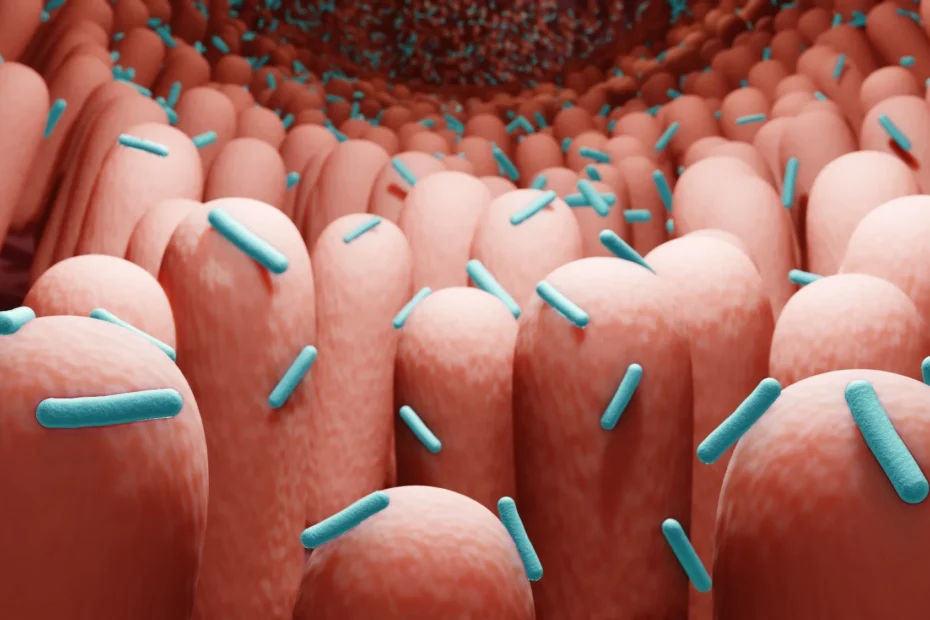The human gut microbiome, a complex community of trillions of microorganisms residing in our digestive tract, plays a crucial role in our overall health. It influences digestion, metabolism, immune function, and even mental well-being. While genetics play a role in shaping our gut microbiome, diet is one of the most significant factors that can either promote a balanced, healthy gut or disrupt its delicate equilibrium.
In this article, we will delve into the fascinating world of the gut microbiome and explore how diet profoundly impacts its composition and function.
Understanding the Gut Microbiome:
The gut microbiome consists of a diverse range of microorganisms, primarily bacteria but also including viruses, fungi, and other microbes. These microorganisms interact with each other and with our body’s cells in complex ways.
How Diet Influences the Gut Microbiome:
Our diet has a profound influence on the gut microbiome. What we eat provides the nutrients that feed these microorganisms, affecting their growth and activity. Here’s how different dietary factors impact the gut microbiome:
1. Types of Food:
a. Fiber: A diet rich in fiber from fruits, vegetables, whole grains, and legumes promotes the growth of beneficial bacteria in the gut. These bacteria ferment dietary fiber to produce short-chain fatty acids (SCFAs), which have various health benefits.
b. Probiotics: Foods containing probiotics, such as yogurt, kefir, sauerkraut, and kimchi, introduce beneficial bacteria directly into the gut.
c. Sugars and Processed Foods: Diets high in sugar and processed foods can alter the gut microbiome negatively. They may promote the growth of harmful bacteria while diminishing beneficial ones.
2. Diversity of Diet:
Consuming a wide variety of foods provides diverse nutrients for various microorganisms in the gut. A diverse diet tends to support a more diverse and balanced gut microbiome.
3. Macronutrient Ratios:
The balance of macronutrients (carbohydrates, proteins, and fats) in your diet can impact the gut microbiome. For instance, diets high in saturated fats may lead to unfavorable changes in the gut.
4. Food Additives and Artificial Sweeteners:
Some food additives and artificial sweeteners have been linked to alterations in the gut microbiome, potentially affecting metabolic health.
The Health Consequences:
A balanced and diverse gut microbiome is associated with several health benefits, including:
1. Improved Digestion:
Beneficial gut bacteria aid in the digestion and absorption of nutrients, including certain vitamins and minerals.
2. Enhanced Immune Function:
A healthy gut microbiome supports a robust immune system, helping the body defend against infections and illnesses.
3. Metabolic Health:
A balanced gut microbiome may contribute to better metabolic health and weight management.
4. Mental Well-Being:
Emerging research suggests that the gut-brain connection plays a role in mental health, with the gut microbiome influencing mood and cognitive function.
Tips for a Gut-Friendly Diet:
To promote a healthy gut microbiome, consider the following dietary strategies:
- Eat a variety of plant-based foods: Incorporate fruits, vegetables, whole grains, legumes, nuts, and seeds into your diet to increase fiber intake and nourish beneficial gut bacteria.
- Include fermented foods: Consume probiotic-rich foods like yogurt, kefir, kimchi, and kombucha.
- Limit processed foods: Minimize your intake of sugary, highly processed foods that can disrupt the gut microbiome.
- Moderate alcohol consumption: Excessive alcohol can harm the gut microbiome, so consume alcoholic beverages in moderation.
- Stay hydrated: Drinking enough water supports overall digestive health.
- Consider prebiotic foods: Prebiotics are types of fiber that feed beneficial gut bacteria. Foods like garlic, onions, leeks, and asparagus are rich in prebiotics.
Conclusion:
Your diet plays a pivotal role in shaping the composition and function of your gut microbiome. By making mindful food choices that prioritize fiber, diversity, and nutrient-rich options, you can support a healthy and thriving gut microbiome, ultimately benefiting your overall health and well-being.
